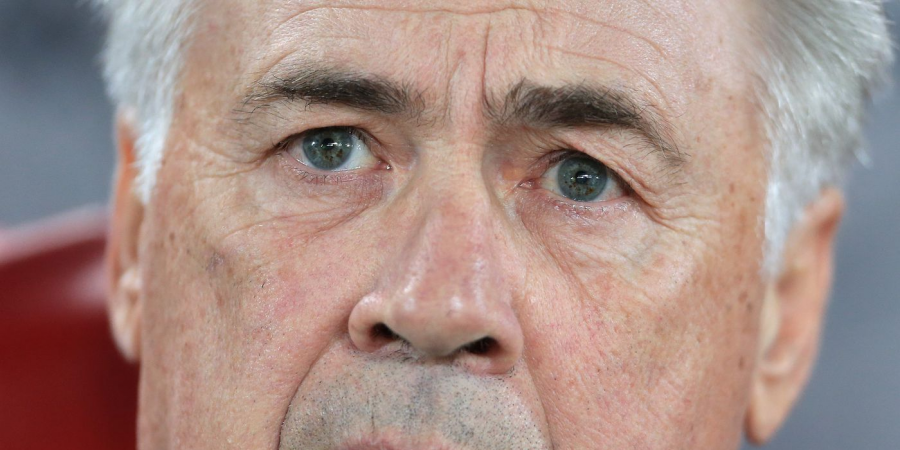

Carlo Ancelotti, one of the most respected figures in football management, has recently come under the microscope due to Real Madrid's fluctuating performances and questions about his suitability for managing the evolving dynamics of the team. While there is no official indication of an imminent suspension, speculation about his future at Real Madrid has intensified due to multiple factors that have challenged his position.
Inconsistent Team Performances
Real Madrid's performances this season have been a mixed bag. While there have been flashes of brilliance, particularly in some Champions League matches, the team has struggled to find consistency in domestic competitions. Tactical issues, particularly in defense and midfield, have left the squad vulnerable. The departure of midfield stalwart Toni Kroos has left a significant gap, and Ancelotti’s attempts to restructure the midfield have not yet yielded the desired results.
The team has also faced difficulties in converting chances, leading to underwhelming performances in key matches, including a loss to arch-rivals Barcelona in El Clásico. This result was reportedly a pivotal moment, raising concerns among club executives about whether Ancelotti can handle high-pressure scenarios effectively.
Management of Young Talent
One of the central criticisms directed at Ancelotti is his handling of emerging players. Talents like Arda Güler and Endrick have seen limited opportunities, which has raised questions about whether the veteran coach is the right person to oversee Real Madrid’s transition to a younger, more dynamic squad. Critics argue that his preference for experienced players might hinder the development of these promising stars.
Injuries and Squad Depth
Ancelotti has also had to navigate a spate of injuries that have disrupted the team’s rhythm. While he has publicly played down concerns about the injury crisis, it has undeniably added to the complexity of his task. With key players sidelined, the team’s depth has been tested, exposing weaknesses in certain positions.
External Factors and Club Dynamics
Internally, Real Madrid’s management, led by Florentino Pérez, is known for its high expectations. Ancelotti’s previous successes with the club, including Champions League triumphs, have earned him a degree of goodwill. However, patience appears to be wearing thin as inconsistent results continue to mount. Pérez is reportedly exploring potential replacements, with former Real Madrid midfielder Xabi Alonso emerging as a leading candidate.
Despite the challenges, there is no concrete evidence suggesting that Ancelotti is on the verge of suspension. Instead, discussions about his future seem to revolve around whether he will complete the season or be replaced at its conclusion. This narrative is fueled by:
Ancelotti still retains the backing of some within the Real Madrid hierarchy due to his vast experience and history of success with the club. However, his position is precarious. To avoid speculation about suspension or termination, he needs to deliver consistent results in upcoming fixtures, particularly in the Champions League and domestic league.
If results do not improve, a mutual agreement for him to step down at the end of the season seems more likely than a mid-season suspension. Such a move would allow Real Madrid to transition smoothly to a new managerial era without causing unnecessary upheaval during a crucial campaign.
While Carlo Ancelotti is not officially on the verge of suspension, the mounting pressures from inconsistent performances, strategic missteps, and high expectations make his future at Real Madrid uncertain. The coming months will be pivotal in determining whether the Italian tactician can weather this storm and reaffirm his credentials as one of football’s elite managers or if Real Madrid will decide to move in a new direction.
